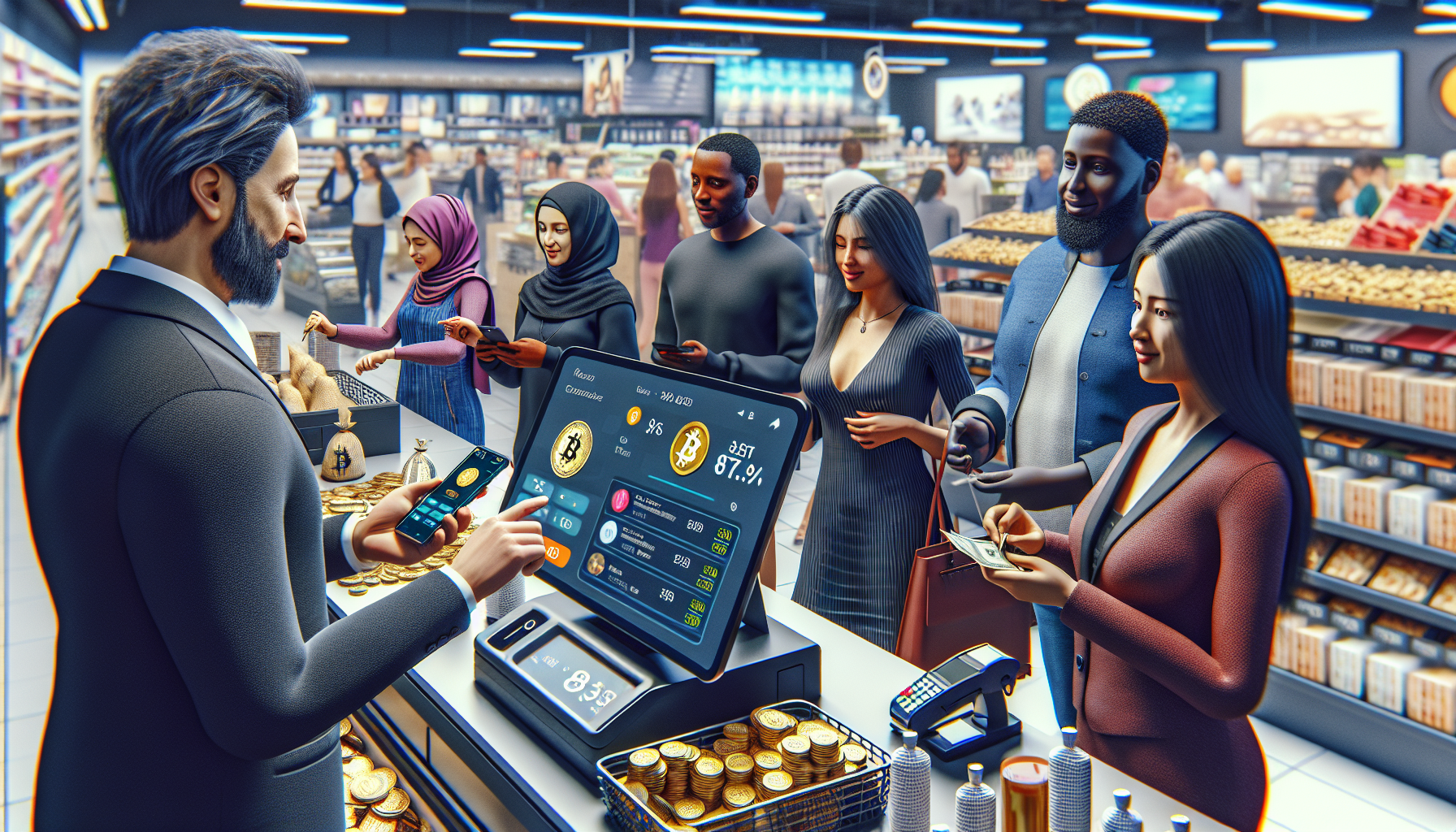
tl;dr
Mark Zandi of Moody’s warns that rising inflation and Trump’s immigration policies could keep U.S. economic growth muted for the next year. He highlights the impact of tariffs on inflation, consumer spending, and the labor market. While recent GDP data shows growth, Zandi suggests the effects of c...
**Economy at a Crossroads: Moody’s Warns of Upcoming Challenges Amid Mixed Economic Data**
Mark Zandi, the chief economist at Moody’s, isn’t mincing words. In a recent CNBC interview, he painted a sobering picture of the U.S. economy, warning that two headline issues—rising inflation and Donald Trump’s immigration policies—could keep growth muted for the next year. While he doesn’t foresee a full-blown recession, Zandi’s message is clear: the road ahead will be bumpy.
**Tariffs, Inflation, and the Cost of Living**
Zandi’s concerns begin with inflation. He points to Trump’s proposed tariffs as a wildcard, arguing that their economic consequences are only just beginning to surface. “The Fed’s been cautious,” he said, “because it just doesn’t know what to do with the tariffs.” While the Federal Reserve has historically leaned on interest rates to control inflation, Zandi suggests the current situation is more complex. Tariffs, he explains, are pushing up the prices of goods and services, squeezing consumers’ purchasing power.
“People’s real incomes are coming under pressure,” Zandi warned. “That’s going to weigh on consumer spending, which is already kind of punk.” He’s not wrong. Consumer spending accounts for about 70% of the U.S. economy, and any erosion of buying power risks slowing growth. The data supports his claim: inflation has climbed to levels that many find uncomfortable, and the Fed’s tools may not be enough to cool it down without hurting the broader economy.
**Immigration Policies and the Labor Market**
But Zandi’s concerns don’t stop at tariffs. He also highlights Trump’s immigration policies, which he argues could strain the labor market. “The brunt of that is being borne by the labor market,” he said. With fewer immigrants entering the country, Zandi warns that industries reliant on a flexible workforce—like agriculture, construction, and hospitality—could face labor shortages. More alarmingly, he suggests that the lack of available workers might force businesses to scale back operations, potentially leading to job losses.
“It’s not at all unlikely that we’re going to start seeing some job loss simply because there’s no labor force out there,” Zandi said. This scenario could create a self-fulfilling prophecy: fewer workers mean slower economic growth, which in turn could pressure the government to ease immigration policies or find alternative solutions.
**Growth, But at What Cost?**
Despite Zandi’s grim outlook, the numbers tell a different story. The U.S. Bureau of Economic Analysis reported that real GDP grew at a 3.3% annual rate in the second quarter of 2025, a rebound from a 0.5% decline in the first quarter. On paper, the economy is expanding. But Zandi isn’t convinced this growth is sustainable. “We haven’t seen the real economic consequences of this policy yet,” he said. “It’s in train. It’s coming.”
**A Balancing Act**
So where does this leave the U.S. economy? Zandi admits it’s possible to avoid a recession—but only “with a little bit of luck.” The next six to 12 months will be a test of resilience, as policymakers, businesses, and consumers navigate the fallout from tariffs, inflation, and shifting immigration policies.
For now, the data offers a glimmer of hope. But as Zandi’s warnings remind us, the path forward is anything but smooth. The question is: Will the economy find its footing, or will the pressure from these challenges force a reckoning?